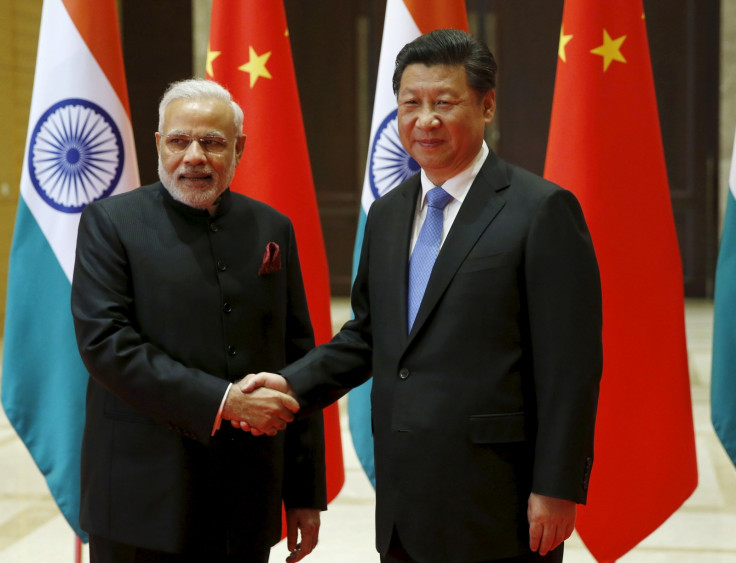China stymies India's bid to join Nuclear Suppliers' Group
Surprisingly, India's ally Brazil and Brics member sided with China.

China has stonewalled India's bid to enter the elite Nuclear Suppliers' Group (NSG), insisting that to be a member of the NSG, signing of the Nuclear Non-Proliferation Treaty (NPT) is mandatory. At the 48-member group's plenary meeting in Seoul on Friday (24 June), the leaders took no decision on including India in the group as the members remained divided over permitting non-NPT members.
"This is a pillar, not something that China set. It is universally recognised by the international community," Wang Qun, the chief negotiator of China's foreign ministry, said, according to Reuters. He also warned that if exceptions are allowed, international non-proliferation will "collapse altogether".
However, the major surprise came from Brazil, which sided with China in blocking India's bid as it is one of its main allies and a member of Brics. Opposition also came from New Zealand, Austria, Ireland and Turkey. India has the backing of the US, the UK, France and Japan among others.
Pakistan, which has China's backing, too sent a bid to join the NSG, but there was no discussion on it.
Wang emphasised that China considered the importance of accepting new memberships under a consensus. "International rules will have to be respected, big or small," he told Reuters. "Big like NPT. Small like the rules and procedures of this group."
"The important question, of which we are concerned, is how to deal with the question of participation of countries within the group of non-NPT states. It's a formidable task."
Indian Prime Minister Narendra Modi's had made diplomatic efforts to win Chinese approval. He met President Xi Jinping in Tashkent on the sidelines of a meeting of the Shanghai Cooperation Organisation.
© Copyright IBTimes 2025. All rights reserved.





















